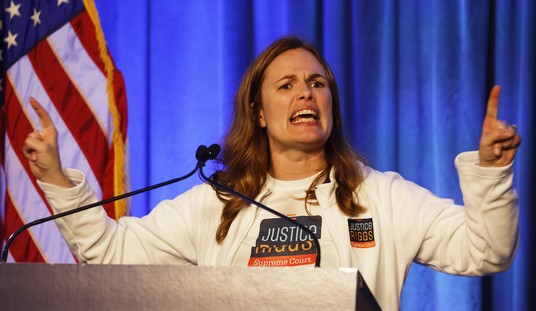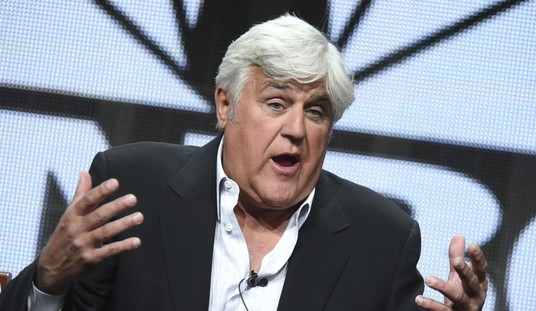Sen. Elizabeth Warren, D-Mass., center, accompanied by Sen. Bernie Sanders, I-Vt., left, and Sen. Kirsten Gillibrand, D-N.Y., right, speaks during a news conference on Capitol Hill in Washington, Wednesday, Sept. 13, 2017, to unveil their Medicare for All legislation to reform health care. (AP Photo/Andrew Harnik)
Sen. Elizabeth Warren has recently stumbled on healthcare. Her Medicare for All plan was panned by her Democrat opponents and Liberal columnists alike. Warren can’t even explain how she’ll pay for it without evoking eyerolls and headdesks from her colleagues in the Senate.
Yet look at how critics of her plan describe it. Jonathan Chait calls it a “fantasy.” Sen. John Barrasso (R-WY) calls it “fantasyland.” In other words, Warren’s critics argue Medicare for All would be wonderful but it’s just not realistic.
This kind of talk is not only nonsense, it’s dangerous.
First of all, such platitudes help expand the Overton window on the issue drastically to the left. When the discussion around government-run healthcare focuses on how great it would be if only we could figure out a way to pay for it, then we’ve already lost. Perhaps not in 2020, but in a few years time. And maybe without Members of Congress ever casting a vote on Medicare for All. Instead, we’ll just keep “reforming” the system until one day you must ask an agent of the state to approve a simple procedure or a life-saving prescription.
Secondly, with an expanded window of discussion on healthcare, ideas the American people have repeatedly rejected as unthinkable or too radical are suddenly back on the table as acceptable, sensible and then policy. Speaker Nancy Pelosi’s Socialist price control bill doesn’t appear quite so extreme next to a complete government takeover of our healthcare industry. People will say Elizabeth Warren is a nutty ideologue, but we can work with Nancy Pelosi. See how this works?
Some Republicans in the Senate are already there. The sponsor of the Senate version of Pelosi’s price control bill is none other than Senate Finance Committee Chairman Chuck Grassley (R-IA). His bill grants the government unprecedented authority to dictate private market pricing if the cost of a drug rises above inflation. This will distort the drug market and could lead to less access to treatments, or even fewer new drugs coming to market.
Third and finally, there is nothing “fantastic” about government healthcare. It would be a disaster from the get go.
Consider what’s happening across the pond. Sally Pipes of the Pacific Research Institute writes in Forbes:
Nearly a quarter of a million British patients have been waiting more than six months to receive planned medical treatment from the National Health Service, according to a recent report from the Royal College of Surgeons. More than 36,000 have been in treatment queues for nine months or more.
Long waits for care are endemic to government-run, single-payer systems like the NHS. Yet some U.S. lawmakers want to import that model from across the pond. That would be a massive blunder.
Pipes paints a grim picture of American healthcare if we continue to lurch toward Medicare for All: long wait times, doctor shortages, higher mortality rates from treatable or even curable diseases, far fewer life-saving drugs.
Medicare for All is a deliberate misnomer. Proponents are actually advocating for something more like VA for All. The VA cannot adequately care for the men and women who served our country when they are most in need. Do you think a program like that will care for you?
It’s not enough to argue that Warren can’t pay for her Medicare for All scheme. Medicare for All isn’t wrong for America because it’s bad for our wallets but because it’s bad for our health.













Join the conversation as a VIP Member